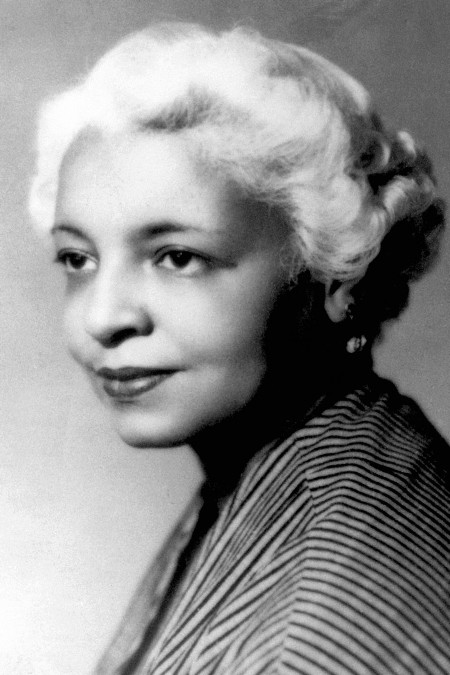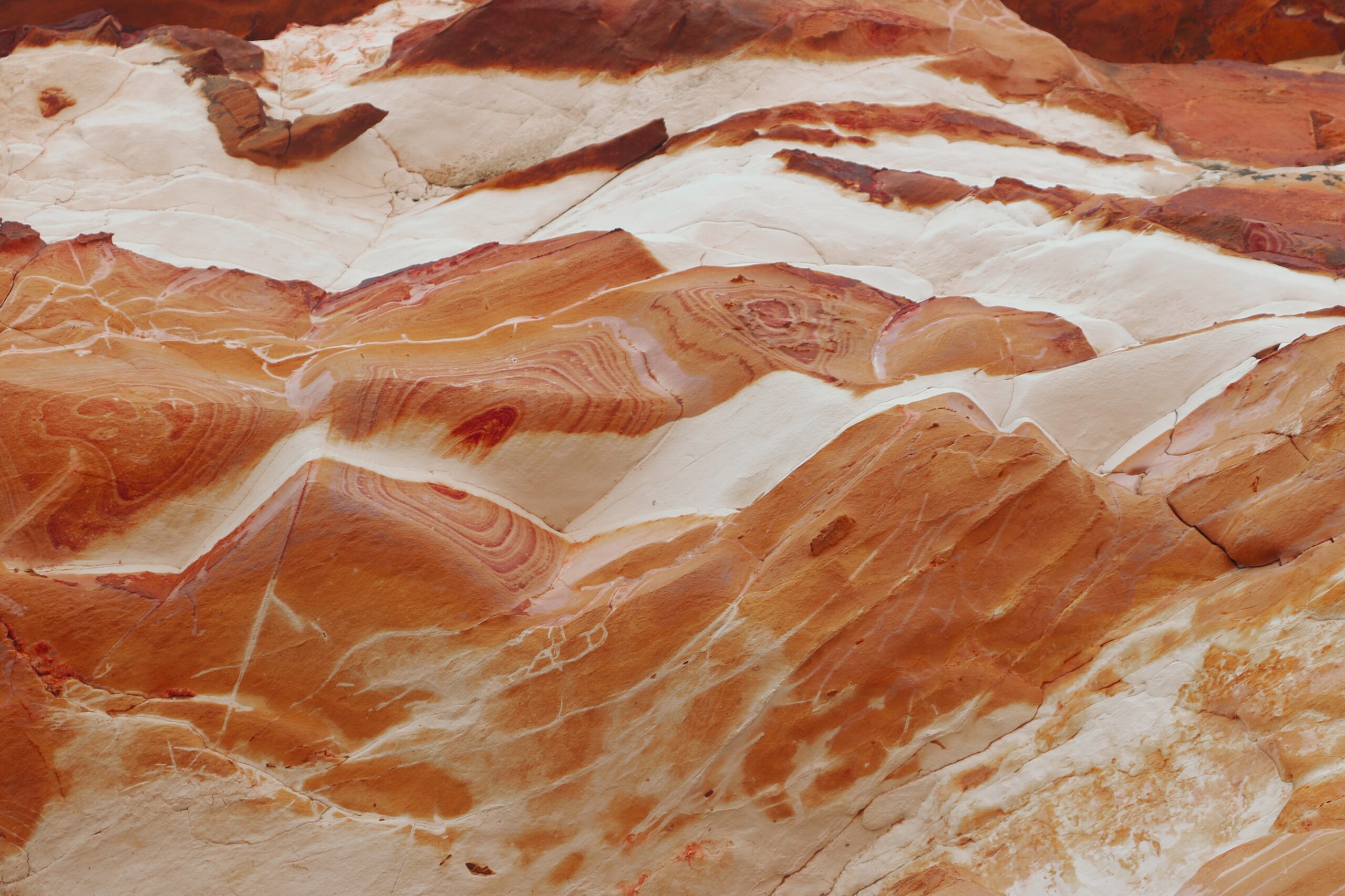Highlighting Australia
- As a proudly Australian initiative, we’re excited to showcase a collection of Australian stories, music, tributes and more.

Join activities, celebrations, study groups, spiritual empowerment and education programs for young people, and more.
Baha’i beliefs address essential spiritual themes for humanity’s collective and individual advancement. Learn more about these and more.


Elsie Austin’s passion for racial equality was in her DNA. Her parents taught at the Tuskegee Institute in Alabama, an African American educational establishment headed by Booker T. Washington. Even as a girl, Elsie was outspoken, incensed that a textbook failed to recognise any black people for their contribution to history.
“I was taught…that Africans worked iron before Europeans knew anything about it,” she announced to her class. “I was taught that they knew how to cast bronze in making statues and that they worked in gold and ivory so beautifully that the European nations came to their shores to buy their carvings and statues.”1 While her protest was met with barely suppressed snickering, Elsie was undeterred. “If there had been no protest,” she later said, “what ingrained prejudice and hostility would have been implanted in the minds of those children, and what humiliation and degradation would have been stamped upon us.”
Similarly, when she and seven other African American women students were admitted to the University of Cincinnati, they were warned to be inconspicuous and have low expectations. “That speech traumatized us,”2 Elsie remembered. The eight resolved to prove their worth, and by the end of the year each took home an honor.
Elsie was angry about prejudice—often justified by religion—towards race. She told her father she was not able to “believe anymore in these religions that are all separate, all fighting with each other, all enforcing prejudice against some group, and yet they say God is the father of all mankind.”2 George Austin knew something of the Bahaʼis, thought they had interesting views, and encouraged her to investigate this new Faith. Guided by Louis G. Gregory and Dorothy Baker, Elsie joined the Baha’i community in 1934.
And so began a life of firsts: Not only was she the first black woman to graduate from the University of Cincinnati’s Law School, she was the first black woman to serve as assistant attorney general in Ohio, and the first African American to be elected to the National Spiritual Assembly of the Baha’is of the United States.
After returning from pilgrimage in February 1953—and having read the announcement of the forthcoming ten-year long international plan to take the Baha’i Teachings to countries it had not yet reached—Elsie, along with three other members of the National Spiritual Assembly, resigned to pioneer. Fortunately, her work granted her a year’s leave of absence.
Elsie’s destination was Tangier, Morocco, where she understood there were no other Baha’is. But, on her second night there, she was called to the hotel lobby when the receptionist informed her that “Mr. Baha’i” was there. Her visitor was Muhammad-Ali Jalali, who spoke no English; the two pioneers were only able to warmly greet each other with “Allah’u’Abha”. The following day he returned with Hussein Ardekani who fortunately, was able to communicate with Elsie in French. He explained that Jalali was forbidden by the police to stay in Tangier and that two other Baha’i friends had also been made to leave. Teaching the Baha’i Faith in Morocco was extremely difficult, and dangerous.
Elsie anticipated she might get legal work but soon discovered that her lack of Arabic was a disadvantage. Instead, she went to the American School. When she introduced herself to the principal, he told her, “I know you.” Elsie had been president of the Delta Sigma Theta Sorority. “You set up a chapter at a University in Louisiana when I was president there,” the principal said, “and I wrote you.”3 They were to become close friends in a land where Elsie thought she would not know anybody. “…[F]rom the very moment that I entered the country it seemed as if unseen hands and unseen power arranged contacts that were helpful, educational and very wonderful to me,” Elsie recalled.4
For the first year, Elsie lived off her savings before being offered a job at the American School. Having only requested one of year absence, she had to return home to request an extension which her employer denied. But he told her, “Go ahead and resign and get it out of your system and when you come back, we’ll hire you back.”5 Elsie stayed in Morocco until 1957 and was named a Knight of Baha’u’llah by Shoghi Effendi. By the time she left, there were Local Spiritual Assemblies in four cities and she had served on the first National Assembly for North-West Africa in 1956.
Years of unceasing service to the Baha’i Faith, justice, and the cause of race unity followed. In 1959, Elsie returned to Africa, pioneering to Lagos, Nigeria, where she helped form the first Local Spiritual Assembly. In 1965, she moved to Kenya and served as an Auxiliary Board member, assisting the Hand of the Cause of God Musa Banani.
Returning to the United States, Elsie’s service to humanity continued. Establishing unity and equality was her abiding concern. In 2000, in Rebels in Law: Voices in History of Black Women Lawyers, she wrote:
Black and white, we are being played against each other and against ourselves. For every group which rises to liberalize and unite the people there are others surely at work under cover dividing and agitating.… Now is the time for every bit of organization, strength and for all types of leadership to unite in an educational campaign to mould new ideas of Americanism and race and to develop a sense of unity in the American people…6
Elsie passed away in October 2004 after moving to San Antonio, Texas. Her lifetime of travels had confirmed for her that, “all people of the world are really alike.”
"*" indicates required fields

We recognise their continuing connection to land, waters and community. We pay our respects to Aboriginal and Torres Strait Islander people and their cultures; and to elders both past and present.
The views expressed in our content reflect individual perspectives and do not represent authoritative views of the Baha’i Faith.

Visit the site of the
Australian Baha’i Community
and the Baha’i Faith Worldwide
Notifications
Wonderful inspiring article! Thank you for this—such souls are beacons to all of us!
Ruth Hall (February 2, 2021 at 2:37 AM)
Juliet Gentzkow is writing a biography of Elsie Austin at present!
May Hofman (February 2, 2021 at 12:42 PM)
That’s wonderful! Thanks for sharing, May!
Sonjel Vreeland (February 2, 2021 at 1:48 PM)
Thanks for reading Baha’i Blog, Ruth!
Sonjel Vreeland (February 2, 2021 at 1:48 PM)